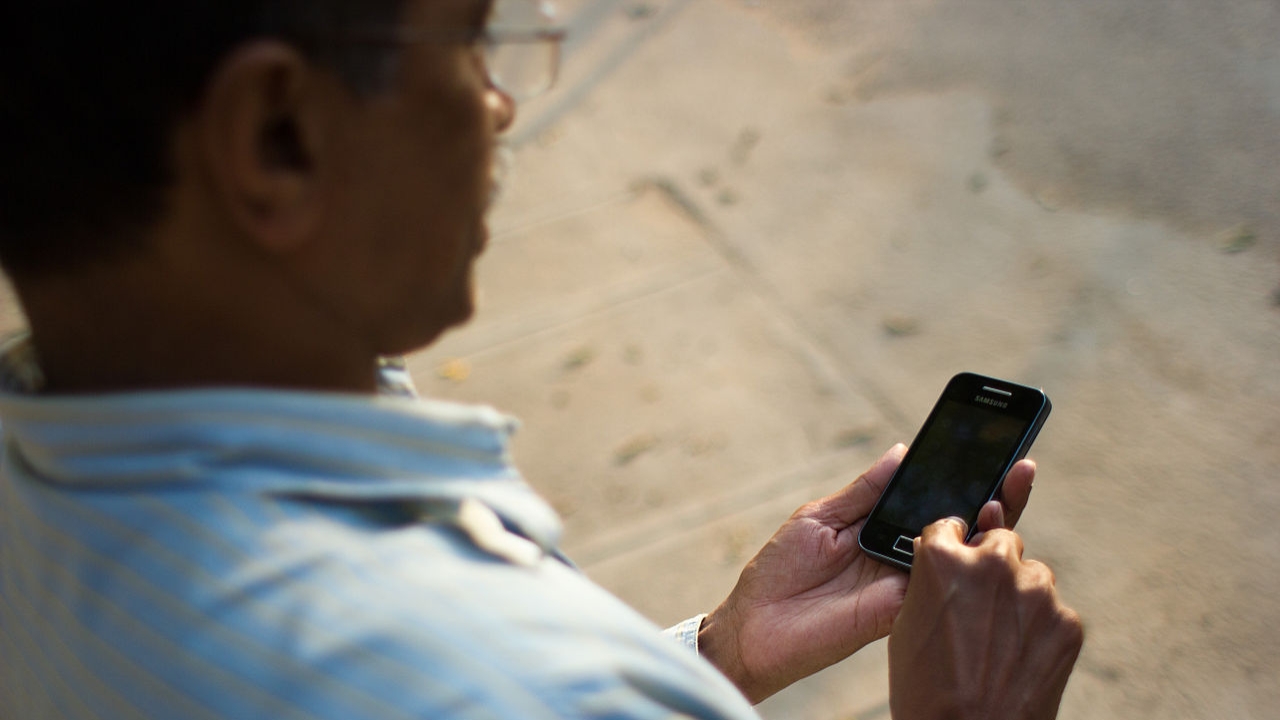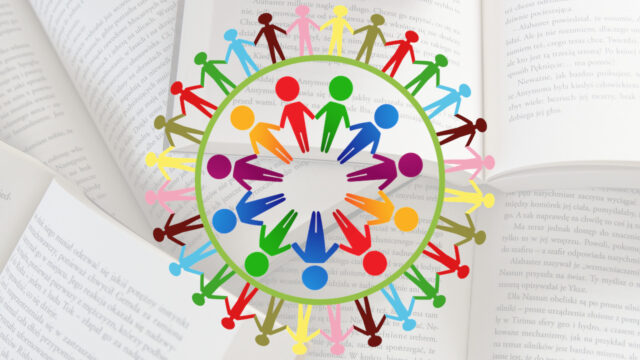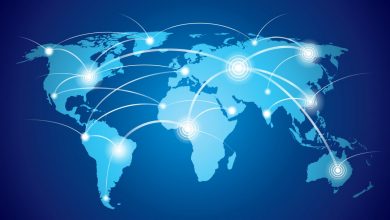
Has poor data usage undermined the pandemic response?
Originally posted on The Horizons Tracker.
Data has been growing in importance in recent years, but our ability to make effective use of it remains somewhat short of what it could be. So says a new report1 from the Royal Society into the use of data during COVID. It suggests that the UK has been poor in its use of data to gain real-time understanding of the spread of both the virus and the economic fallout from the pandemic.
The authors call for better use of the aggregated and anonymized data in areas such as mobility and transactions that are gathered en masse by organizations already, but which is seldom brought together for collective actions at either a national or local level.
Data-driven responses
Such an approach would require careful cooperation across the private sector so that data is effectively combined with that already available in the public sector. This can be achieved, the authors argue, by an extension of the powers of the Office for National Statistics so that they can better support access to data that is already gathered but not used specifically for public health purposes.
“The UK has talked about making better use of data for the public good, but we have had statements of good intent, rather than action. We need to plan better for national emergencies,” the authors say. “We need to look at the National Risk Register through the lens of what data would help us to respond more effectively. We have to learn our lessons from experiences in this pandemic and be better prepared for future crises.”
The report highlights how in Spain, data has been able to flow from over 3,000 districts at the click of a button, thus allowing policymakers to gain a better understanding of how the movement of people is contributing towards the spread of the virus.
This data was provided by the three main mobile operators in the country. Similarly, in France, consumer spending was monitored after cooperation between banks across the country to provide a robust picture of spending patterns.
“Mobile phone companies might provide a huge amount of anonymised and aggregated data that would allow us a much greater understanding of how people move around, potentially spreading the virus as they go,” the researchers continue. “And there is a wealth of other data, such as from transport systems. The more we understand about this pandemic, the better we can tackle it. We should be able to work together, the private and the public sectors, to harness big data for massive positive social good and do that safely and responsibly.”
The report does not gloss over potential problems, not least in terms of security and privacy requirements and expectations. They argue that these challenges can be overcome through various methods, not least of which is a kind of “data driving license” that provides people with access to data.
Article source: Has Poor Data Usage Undermined The Pandemic Response?
Header image source: Shutterstock.
Reference:
- The DELVE Initiative (2020). Data Readiness: Lessons from an Emergency. DELVE Report No. 7. Published 24 November 2020. ↩






